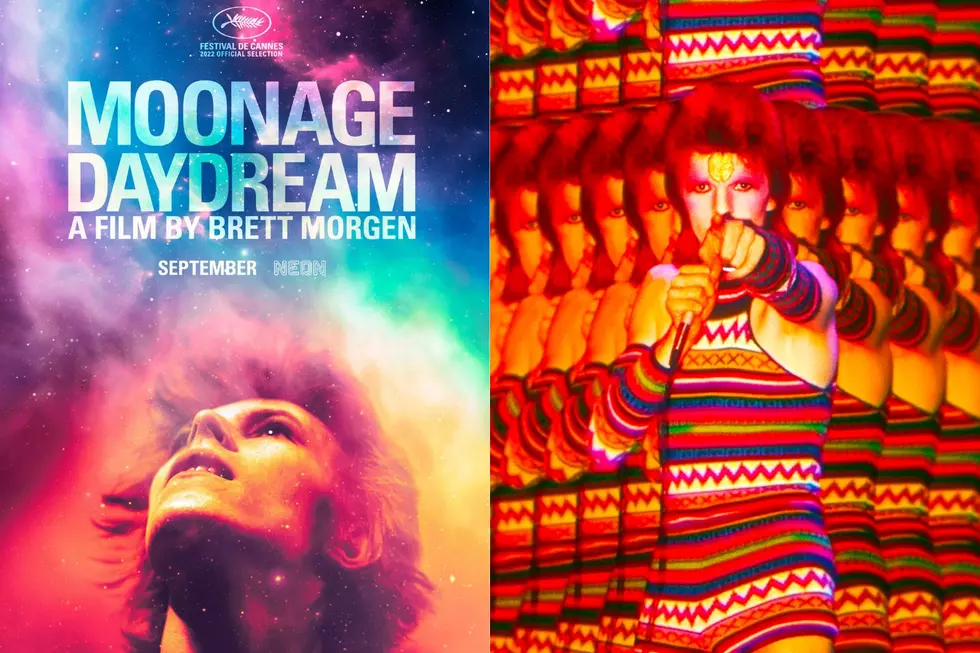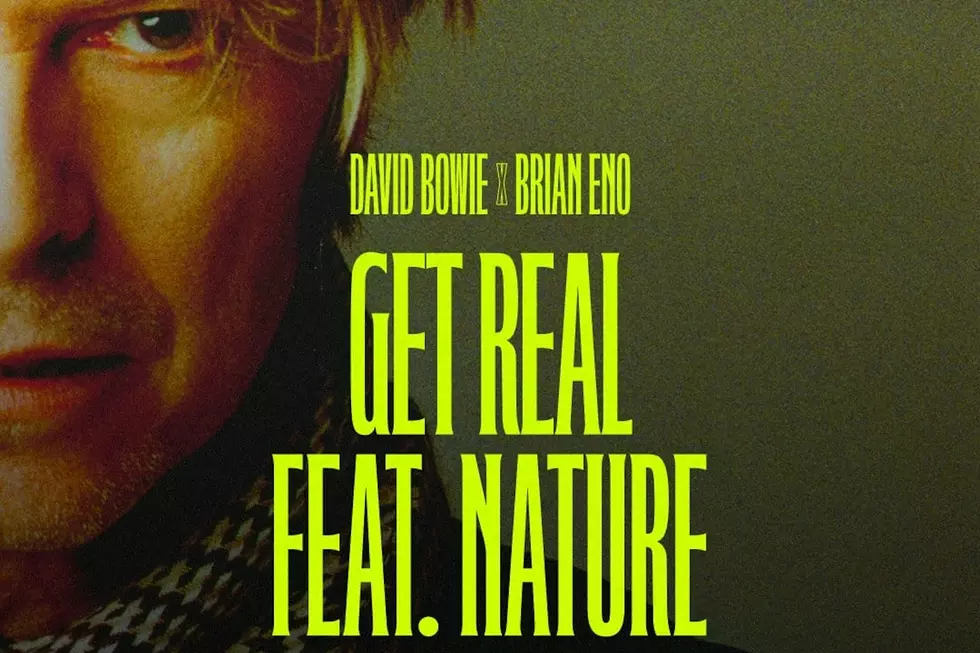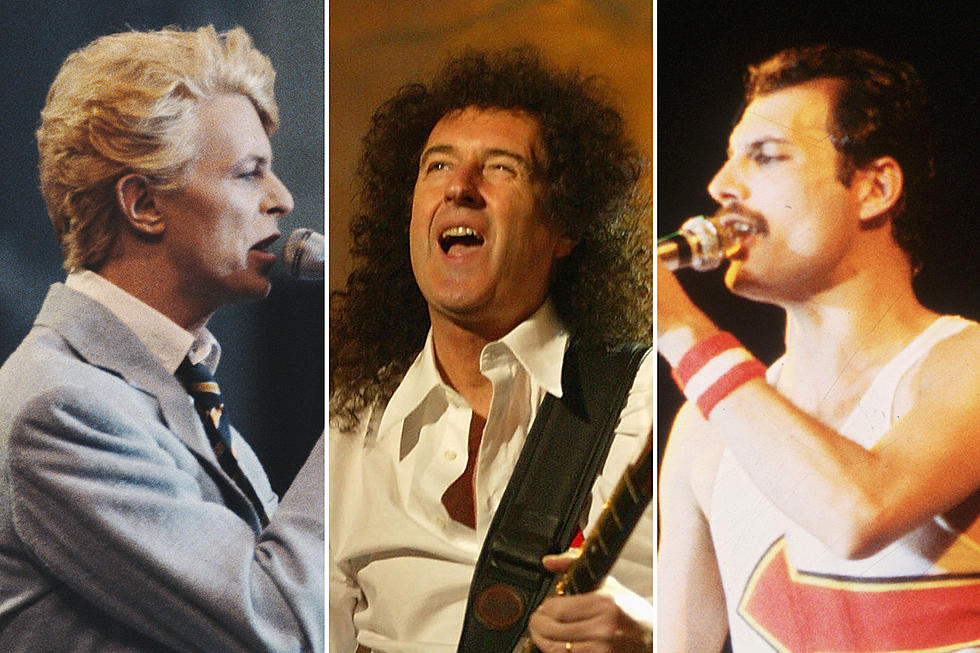
‘Moonage Daydream': Movie Review
"It's a labyrinth kind of existence in which we live," David Bowie once mused. There are wrong turns, dead ends, curious corners and at the conclusion, hopefully, achievement.
Few artists more precisely embodied this metaphor for life than Bowie, whose highly individual career sometimes falls prey to the reductive nature of retrospection, nostalgia and flat-out misunderstanding – especially after he died in 2016. He's been deemed a chameleon, a shape-shifter of sorts, even an alien life force of some kind, beamed down to earth with peculiar-looking eyes and a scrawny figure that leaped, skipped and paraded across global stages for roughly 50 years.
Many have tried to get to the bottom of Bowie: "Questions have arisen such as: Who is he? What is he? Where did he come from?" says a voice in the trailer for Moonage Daydream, a new film directed by Brett Morgen that arrives in theaters in September. "Is he a creature of a foreign power? Is he a creep? Is he dangerous? Is he smart? Dumb? Nice to his parents? Real? A put-on? Crazy, sane, man, woman, robot? What is this?"
The strength of Moonage Daydream, however, lies primarily in its outright resistance to "explaining" Bowie as either a musician or a man. There are no talking head interviews in the film, only exquisite archival footage and audio from Bowie's interviews, concerts and other various public appearances.
Why did he lick the strings of Mick Ronson's guitar onstage? Why did he feel Berlin was the best place to reinvent his writing? Why did he adopt persona after persona, constantly introducing new foils to the world? In Moonage Daydream, there is no answer provided and it doesn't matter anyway. This is the story, or at least several parts of it, as told through Bowie's words and music alone.
There is no real "beginning" to Moonage Daydream, which first offers the audience footage from Bowie's Ziggy Stardust Tour. It then follows a loose timeline — Bowie's excursion to Berlin with Brian Eno, his elaborate 1987 Glass Spider Tour, his marriage to Iman — but the film jumps from era to era with little regard for chronology. In the end, that's perhaps the most fitting way to portray the career of an artist who seldom planned. "I forget there is a tomorrow," Bowie says in the film.
Moonage Daydream is meant to be viewed on the big screen, with brilliantly colored virtual illustrations and exceptional sound quality. Some may lament the lack of structure, but it is the exact kind of piece Bowie might like to indulge in himself. Bowie, who often described his upbringing as painfully ordinary, says in the film that it is society's "refusal of chaos" that is its "greatest mistake."
An often-overlooked portion of Bowie's career is highlighted in Moonage Daydream: his physical art. He rarely showed the work publicly, preferring instead to keep his paintings, many of which depicted intriguingly lonely looking characters, out of the public eye.
"Thematically," Bowie says, "I have always dealt with isolation." It can be easy to gloss over Bowie's humanity since he spent so much of his career appearing non-human to us, but this is the same man who penned the lyrics "I've had my share, I'll help you with the pain / You're not alone."
There is much, materially speaking, missing from Moonage Daydream. (To name a few examples: Bowie's initial success with "Space Oddity," Tin Machine and his final years working on Blackstar, the album which would become his parting gift to the world.) Still, the film does not pretend to be academic or encyclopedic, at least not in any strict sense.
"I hope none of us are static in our lives," Bowie says. This is a film about that constant curiosity, the wonders it can bring about and the sheer beauty of self-expression in its most passionate form.
Bowie frequently gets described as being something beyond a mortal, less man than a myth. Through Bowie's own words and work, Moonage Daydream proves the comforting opposite: he is just like us. "All people, no matter who they are, all wish they'd appreciated life more," Bowie says. "It's what you do in life that's important, not how much time you have or what you wished you'd done."
Rock Stars Whose Lives Are Being Turned Into Movies
More From Ultimate Classic Rock









